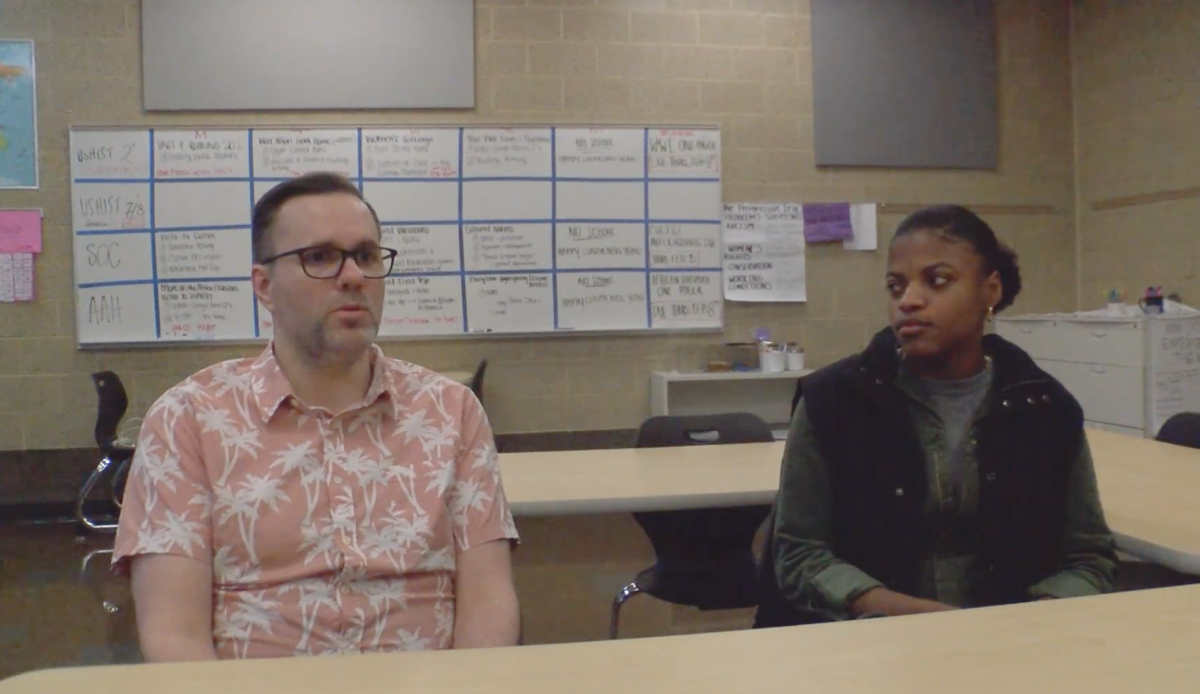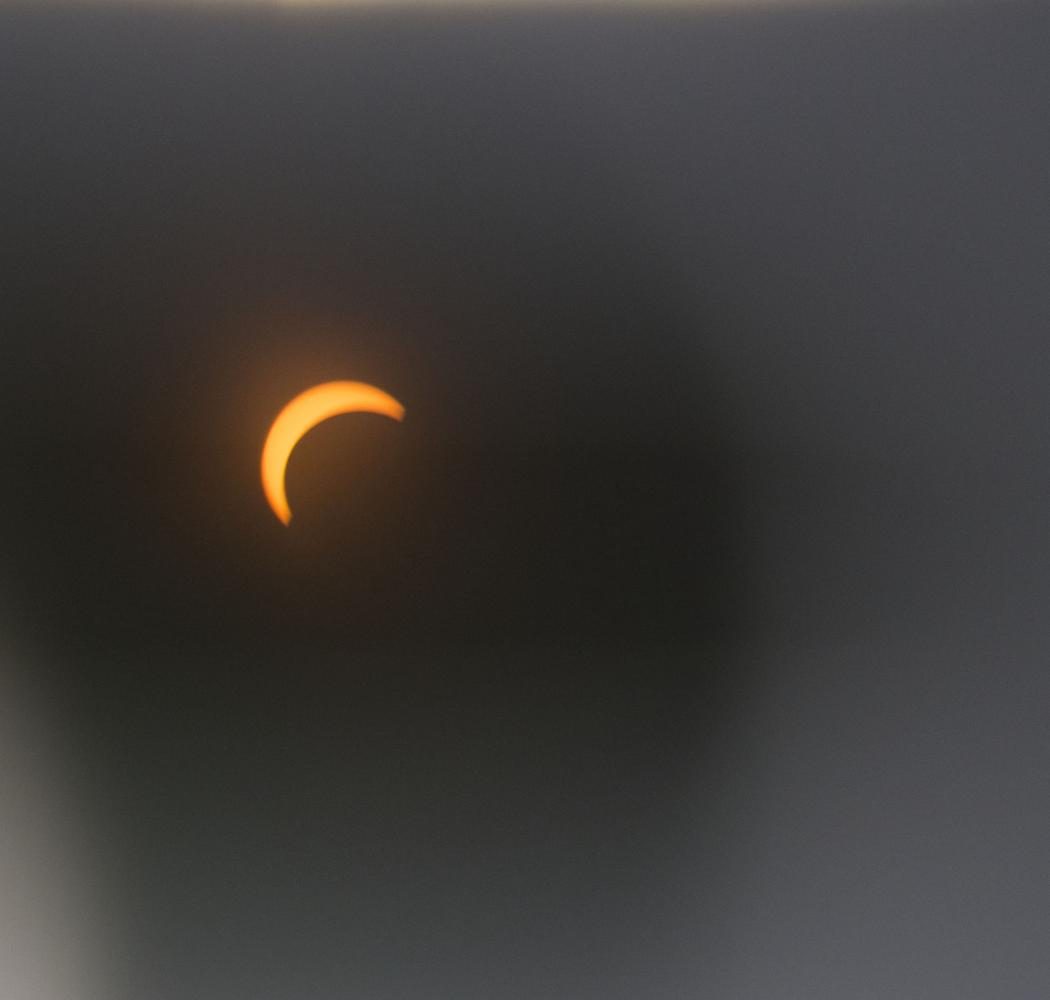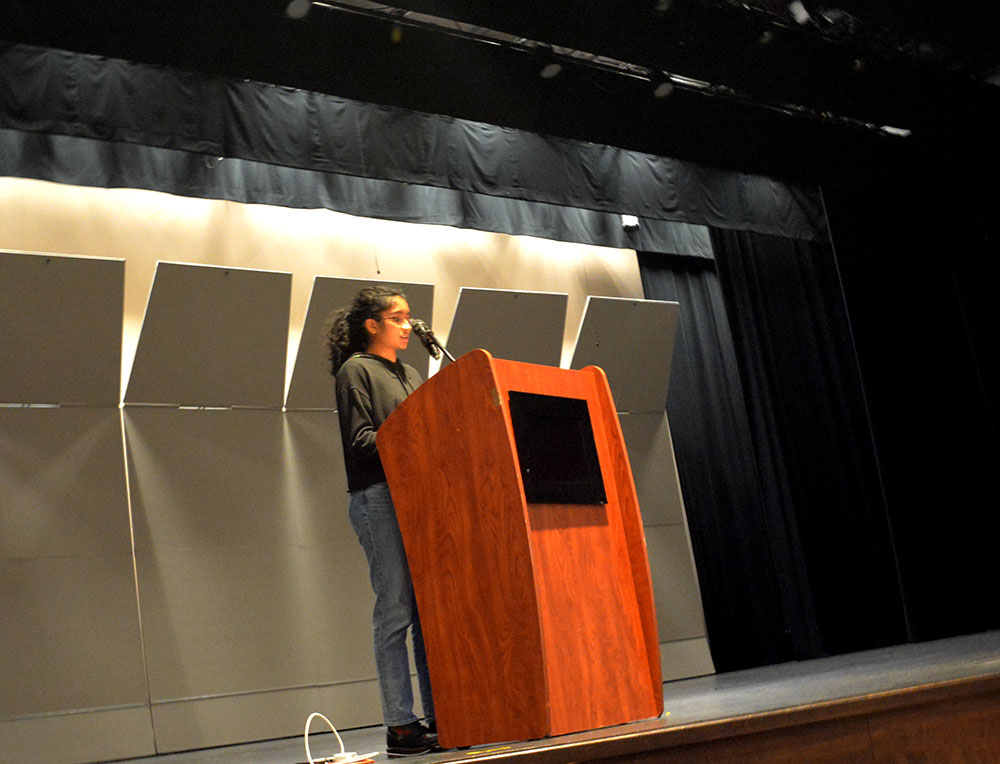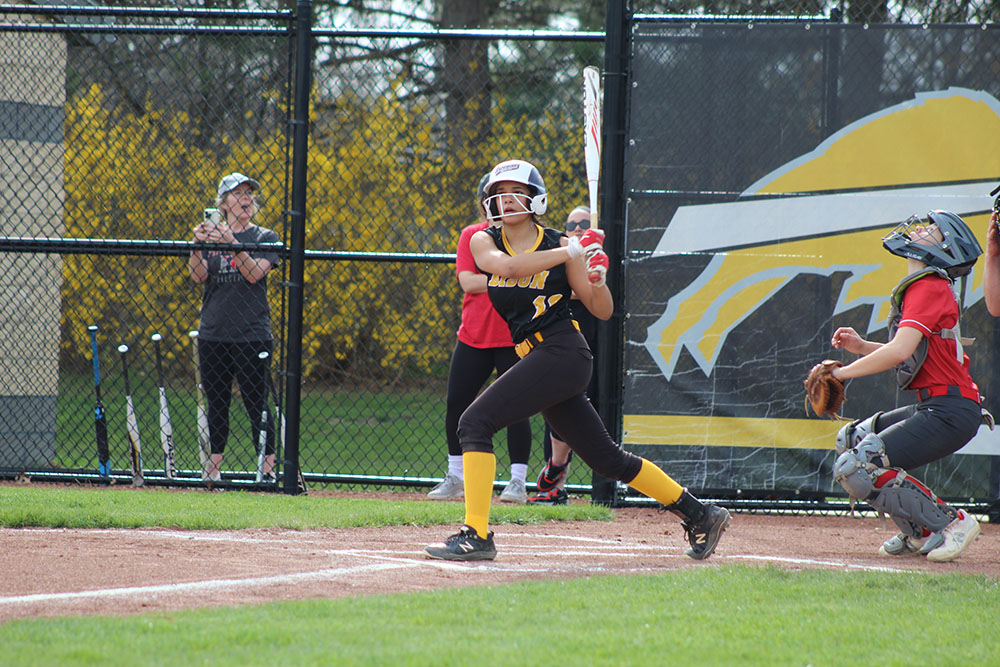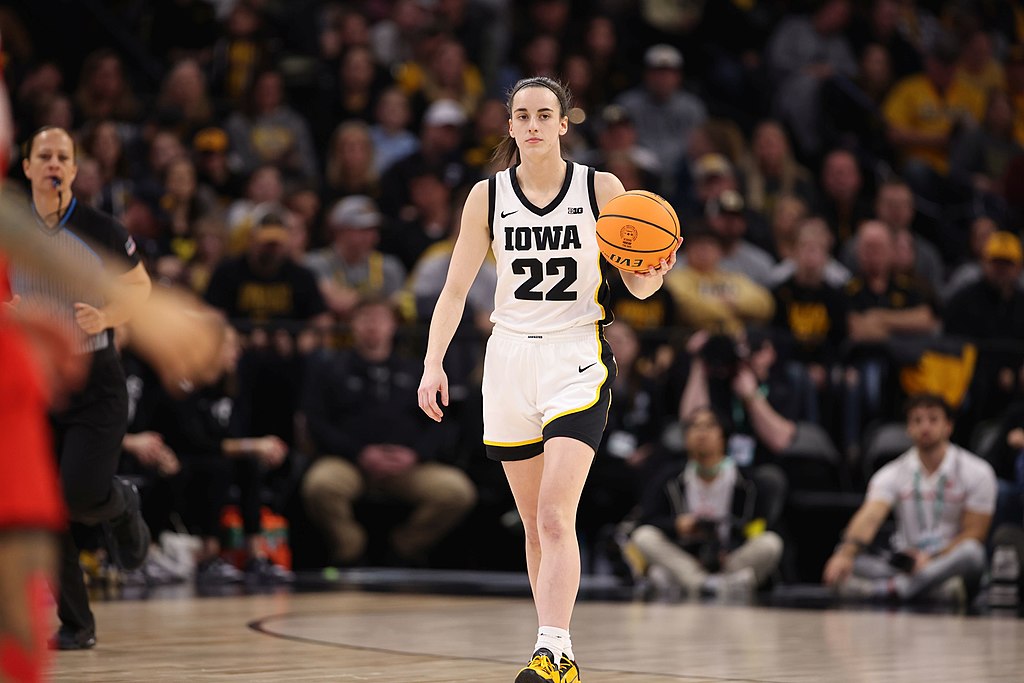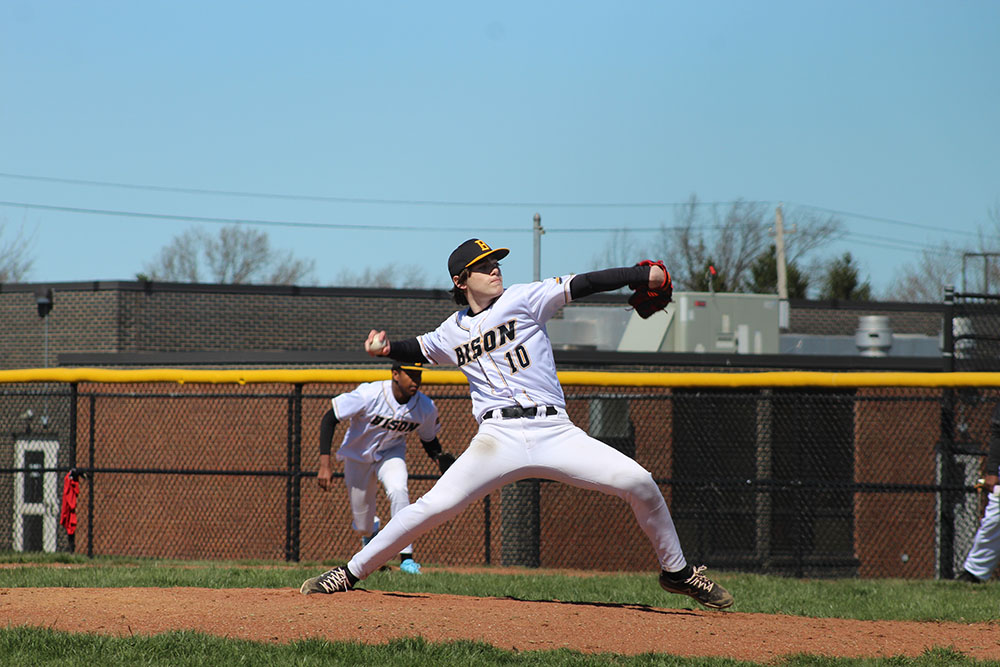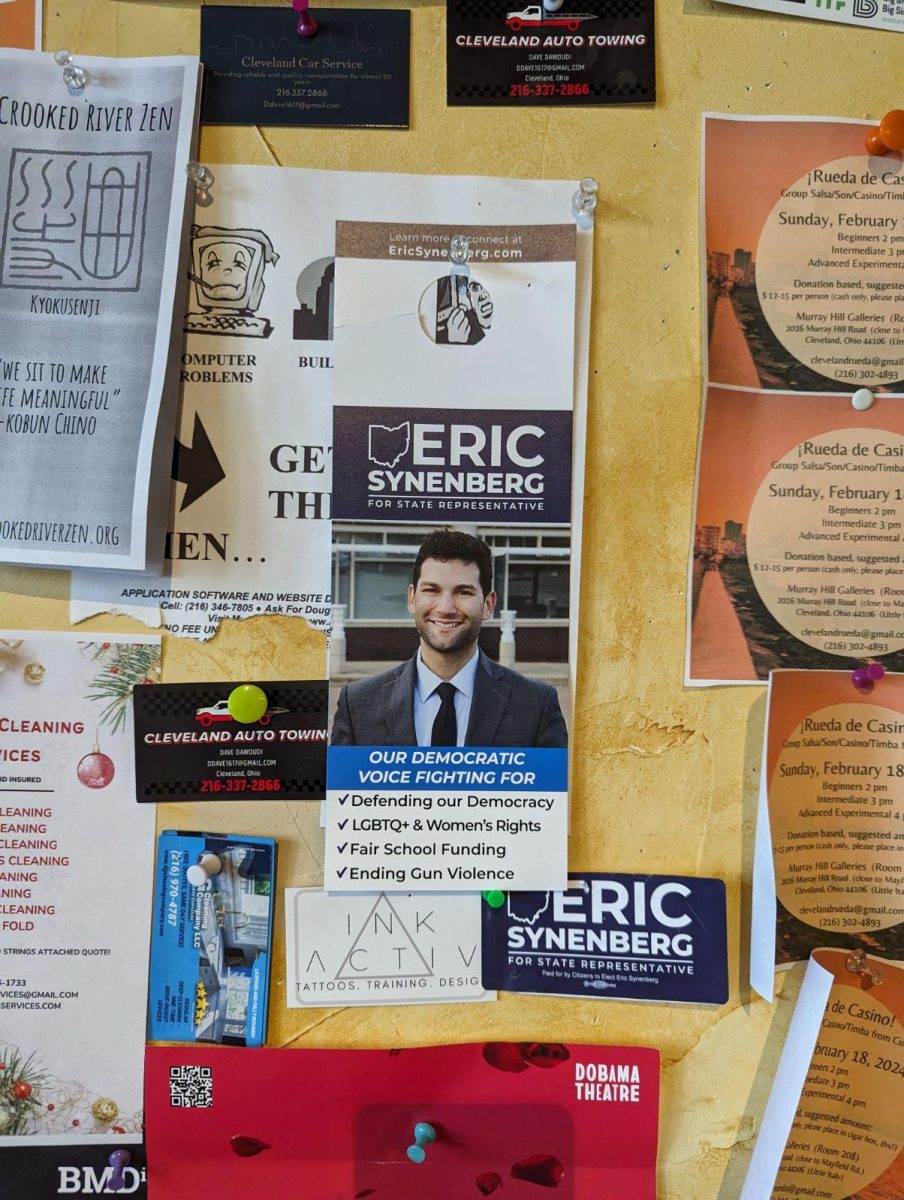After several BHS students were caught sharing embarrassing photos and videos of their teachers on social media sites, BHS faculty have cracked down on cell phones in recent weeks.
While the phone ban has existed for many years, enforcement had become relaxed in many classes. In early May, Assist. Principal Paul Chase made an announcement that cell phones would be collected at the beginning of each class.
Some teachers carefully follow the new procedure. Others continue to address cell phones only when they are seen or heard.
English teacher Nicole Majercak has bought small plastic boxes with locks, which she keeps on the desks in her classroom. Students are asked to put their phones in the boxes during class.
“If the phone buzzes, beeps, flashes, or does anything inside the box, I still take it,” Majercak said. “They put it inside the box, there’s hot pink tape on the top, they have to flip it over so it’s upside down so access to the phone is impossible without me noticing or seeing the box being moved.”
Majercak feels that her approach to cell phones is working.
“The investment level in my class has gone up,” Majercak said. “I feel like students are definitely paying attention and doing the things they need to do instead of sneaking little wisps of phone use.”
One study conducted in 2010 by the Pew Research Center found that 65% of cell-owning teens at schools that completely ban phones bring their phones to school every day. 58% of cell-owning teens at schools that ban phones have sent a text message during class. The study then found that 43% of all teens who take their phones to school say they text in class at least once a day or more.
Majercak agrees that cell phones have become a major problem in the classroom.
“I think students are so distracted they don’t even know they’re distracted anymore,” she said.
The existing policy is that if a device is seen or heard, it is taken and given to Chase. A parent will have to retrieve the phone at the end of the school day.
Chase explained that he confiscates an average of one cell phone per day.
“Some days you get five at once. I get 180 to 200 per school year,” he said. “In the last couple weeks, I’ve had about eighteen phones confiscated since the announcement has been made [regarding the crackdown].”
Chase explained that there will be many changes in the student handbook next fall.
“Next year when the handbook comes out, we’re going to lighten up on use in the hallways,” Chase said. “…But in classrooms it is forbidden unless for a classroom activity. You can easily not use your phone for fifty minutes, especially when you know you can use it when you leave the classroom.”
In addition to the change in BHS policy, there will be other state-mandated changes on technology use as well.
“You’ll see that the handbook will also have adjustments to the bring-your-own device policy,” Chase said. “By law, schools have to police your personal computers when you’re on the school network. There has to be rules that say whether I have the right to confiscate your computer if there’s reasonable suspicion. If you try to cheat on an exam, or if you plagiarize something on your computer, or something much worse.”
Many question whether or not tablets such as the Apple iPad and Google Chromebook have a place in the classroom. Chase seems to think they do.
“You have to separate the Chromebooks and the iPads and the cell phones,” he said. “A cell phone is much more of a social device then the Chromebook and the iPad. I understand that you can set up texts and access Facebook on your iPad, but the phone has become a commonplace social tool in America.”
Sophomore Emily Dann doesn’t really feel the need for the change in cell policy.
“I will occasionally check my phone in class, but only for things that pertain to either checking grades or research for the class.” Dann wrote in an online interview. “I believe as long as kids are attentive in class and are using their phones appropriately, the policy should remain as is. I do agree with strict monitoring of the usage though.”
Another student wrote that she isn’t a big fan of the current cell phone policy, and openly admits to using her phone in class. “I think the newly-enforced “existing” phone policy is a little bit of an overreaction because people are still going to use their phones. After a while, the teachers will get tired of enforcing it and everything will go back to how it was… I use my phone to do a lot of things at school. In fact, I try to utilize all its abilities. So yes, I text, I play games, and I even look up stuff online.”
The Atlantic writer Robert Earl wrote in a recent article, “School policies outlawing cell phones are clearly not enough — the effective teacher must connect with his or her students in order to hold their attention.”




